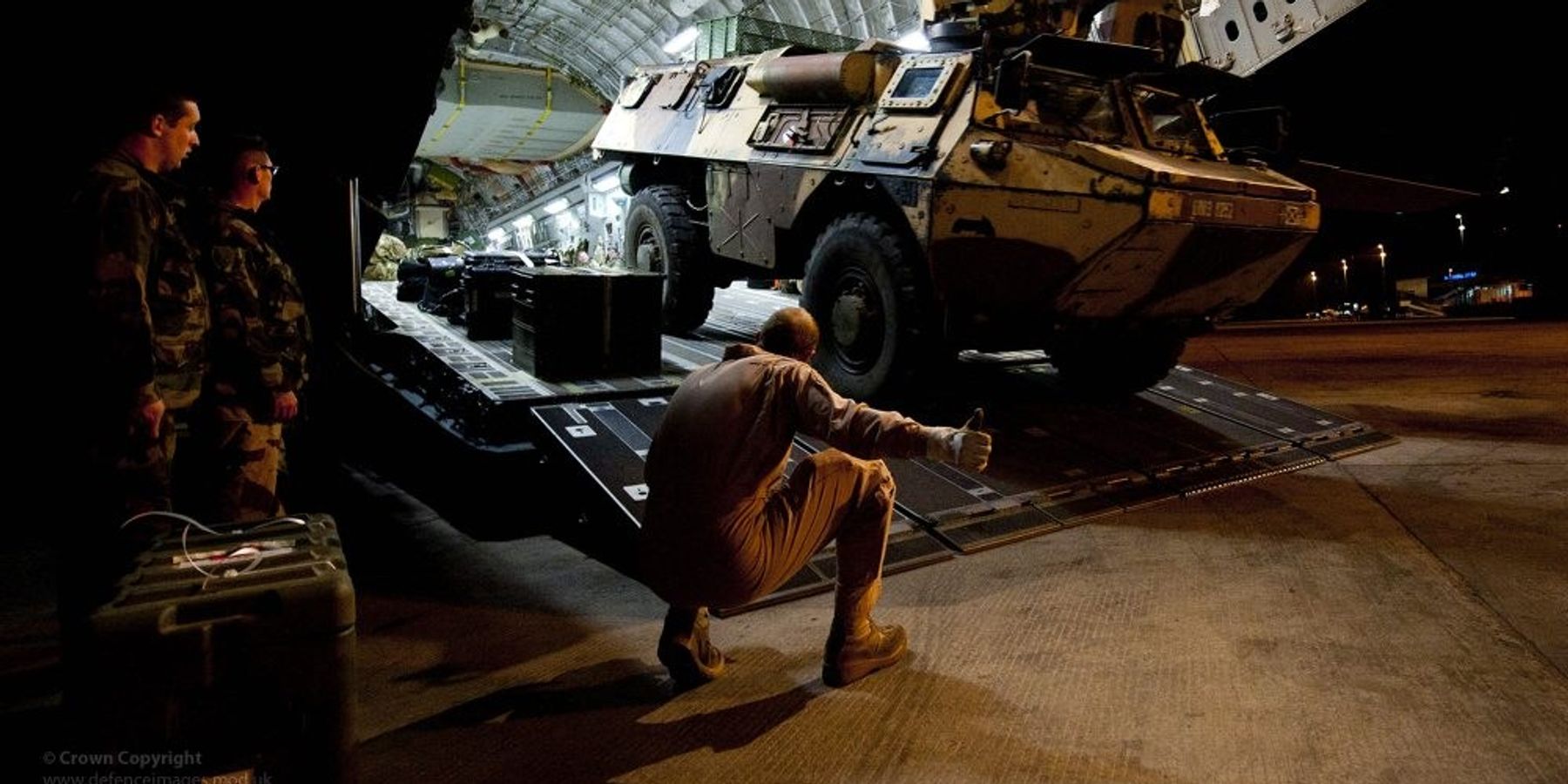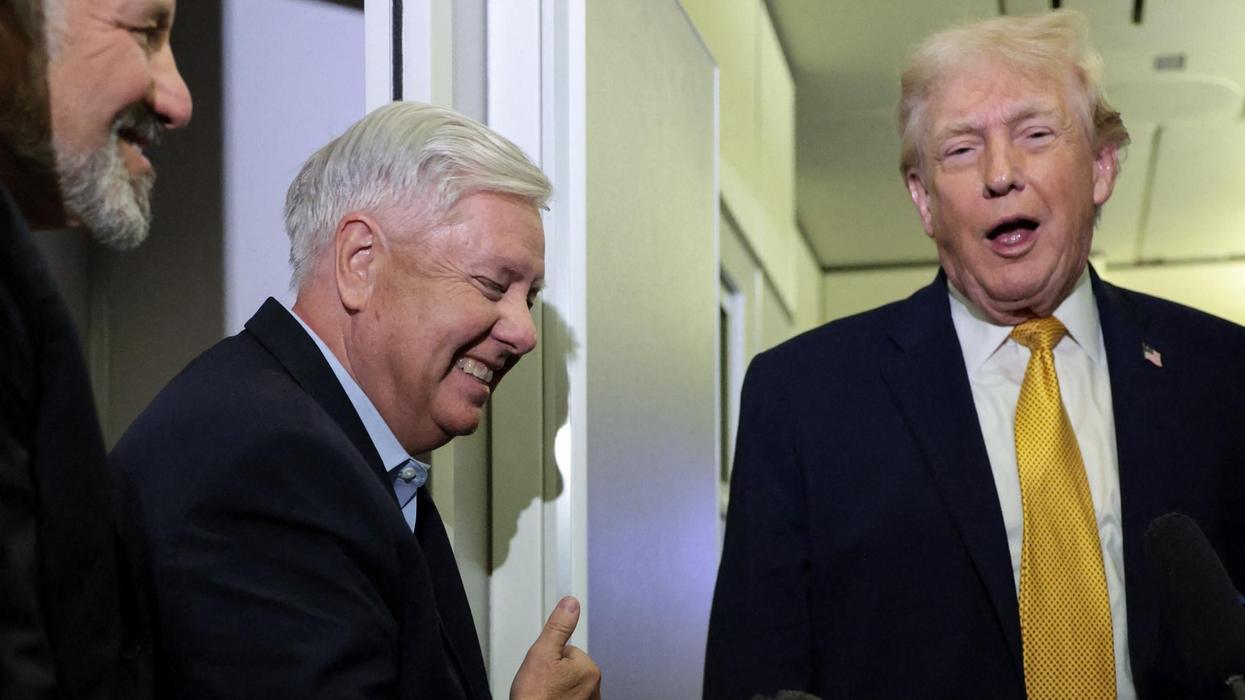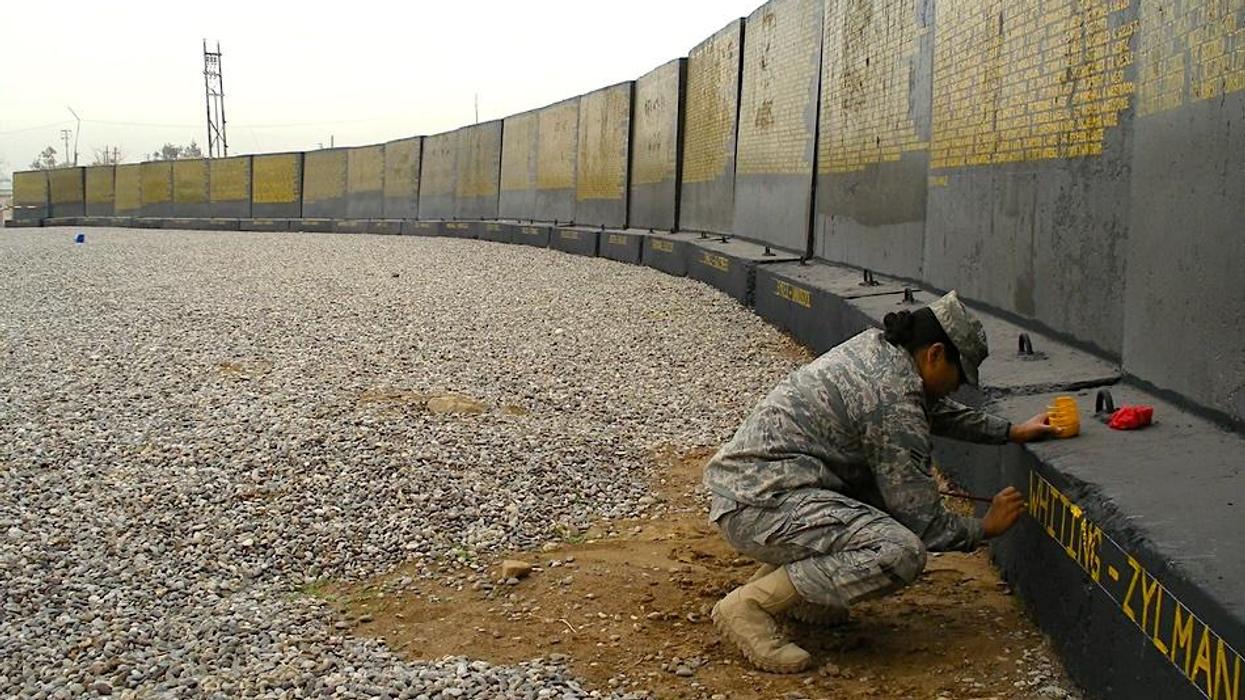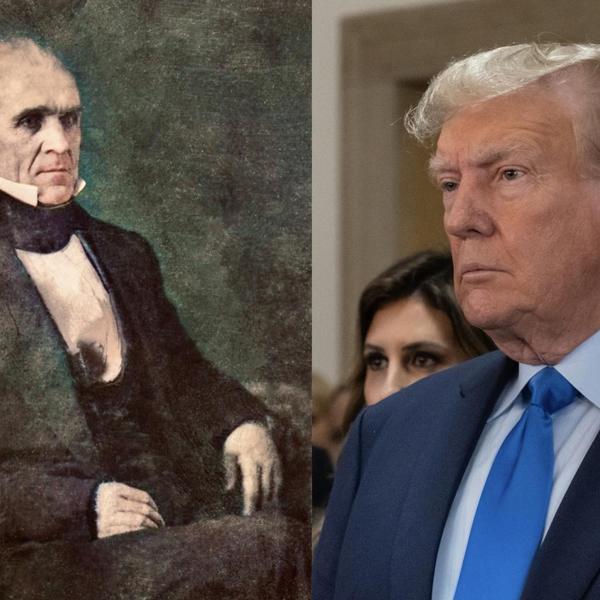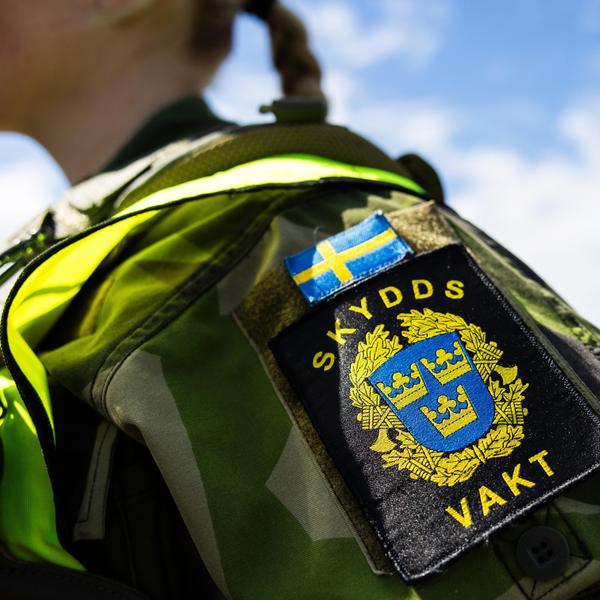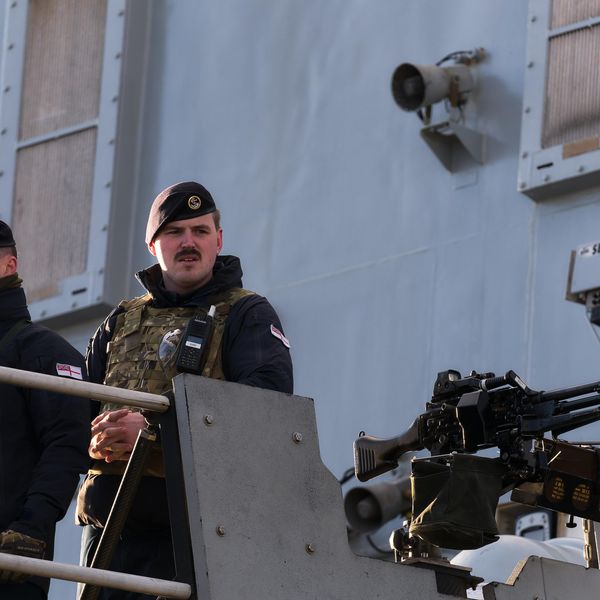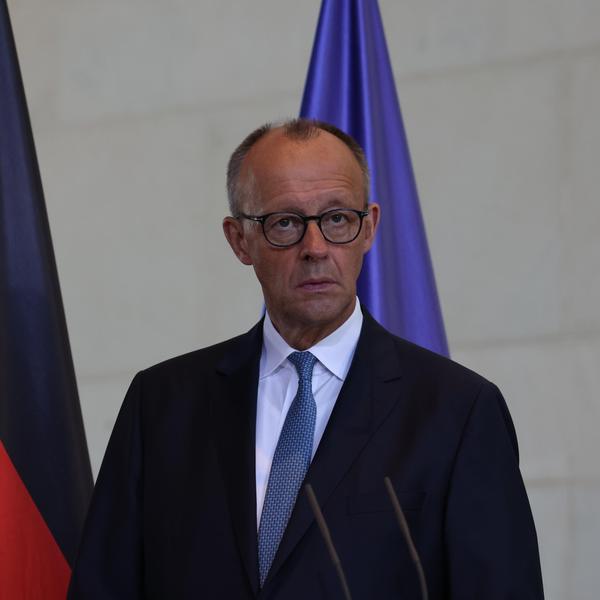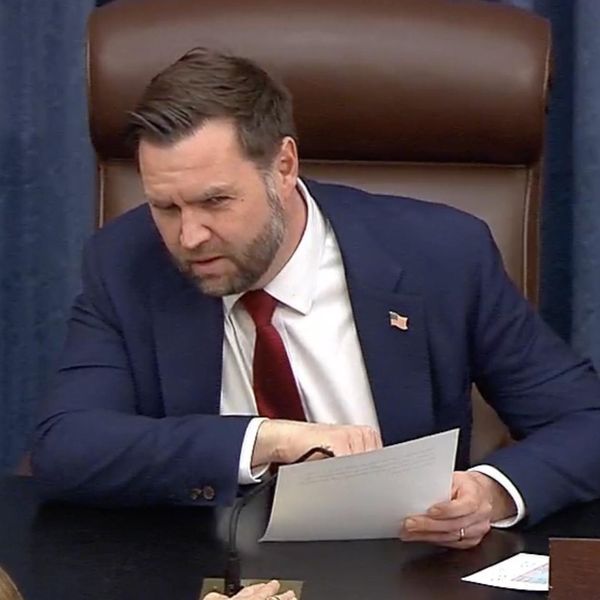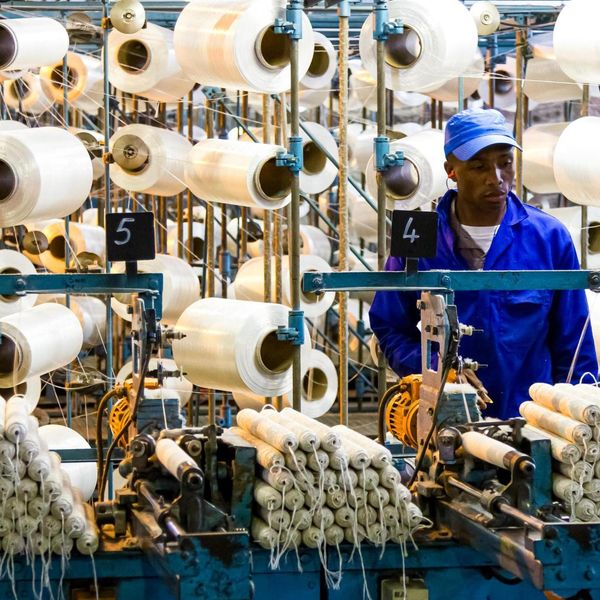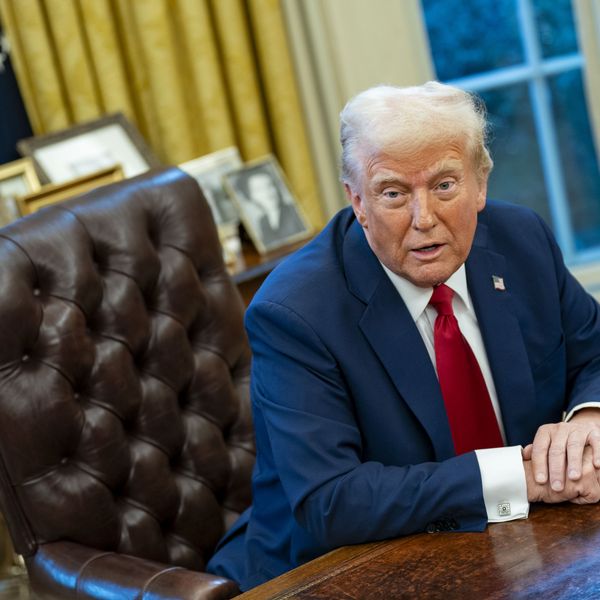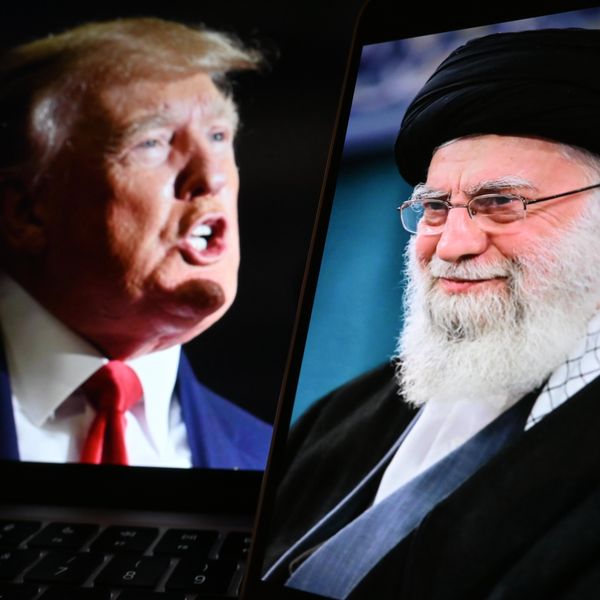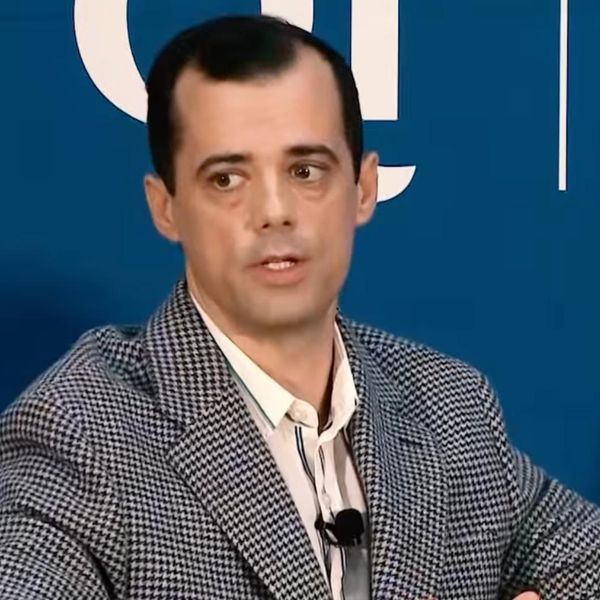Since the death of Yevgeny Prigozhin on August 23, much ink has been spilled on the future of his private military company (PMC), Wagner Group, and its affiliated companies. Most attention remains on Ukraine, where the PMC has not been formally active since Prigozhin declared victory in Bakhmut on May 20. Meanwhile, Wagner continues to conduct military operations in both Mali and the Central African Republic (CAR).
On November 14, the Malian Armed Forces (FAMA), backed by Wagner, took the separatist stronghold of Kidal. Despite entering a town nearly abandoned, the capture was undeniably a symbolic victory for Mali’s Interim President, Colonel Assimi Goïta, and his military regime.
There is a significant risk that FAMA’s March on Kidal will further exacerbate humanitarian crises in the region, all at a time when the international community is stepping back from the Sahel. This is a mistake. The Sahel has become the epicenter of the West’s, including the United States’, two great threat narratives: jihadist terrorism and the expansion of Russian influence. Their accompanying containment narratives almost ensure counterproductive, knee-jerk reactions to future events on the ground.
To avoid these pitfalls, the international community must focus today on creative solutions that account for Russia’s presence in Africa.
Background
The past five years have seen a popular backlash against peacekeeping and humanitarian-military operations in central Africa and the Sahel. While politicized, the criticism has not been without merit. Peacekeeping missions have undoubtedly improved the lives of many. They have also often empowered the most violent and produced more, not less, armed groups. Yet it was Wagner Group’s interventions in Sudan and CAR that turbocharged the criticism.
The structure of Wagner’s 2017 intervention in Sudan initially followed standard practices for Africa’s private security sector: training and security provision in exchange for mineral concessions. (A notable exception was the political consulting and media operations Prigozhin’s team also offered.) In Sudan, the structure stayed consistent. In CAR, events on the ground shaped the nature of Wagner’s intervention. In 2018, Prigozhin’s men became diplomats.
Wagner’s diplomacy in CAR
In February 2019, the CAR government and 14 major armed groups signed the Khartoum Agreement — a peace deal hailed by the United Nations. A considerable contribution to this process belonged to Prigozhin’s working group, although experts from various Russian government entities also participated.
For Prigozhin, the prospect of peace would translate into increased access to mining concessions. It would also deliver a win to Moscow and increase the chances for Kremlin subsidies to fund his Africa gambit. For armed group leaders, the Agreement was a chance to obtain lucrative ministerial positions, while President Faustin-Archange Touadéra could shore up his vulnerable position vis-à-vis the armed groups.
The significance of the Agreement was immense, but unfortunately most walked away with the wrong conclusions. The international community felt it could finally distance itself from CAR’s seemingly endless problems. The CAR government and Prigozhin, victims of their own success, felt they could abandon notions of an inclusive government. All seemed unable to account for the return of the largest potential spoiler of the peace, former president François Bozizé, and his decision to run in the 2020 presidential elections.
Despite rising tension between Touadéra and Bozizé, the CAR government, Wagner, and the international community pushed elections at all costs, even as a new coalition of armed groups — nominally led by Bozizé and including six of the fourteen Khartoum Agreement signatories — advanced on Bangui, the capital.
As a result of the rebellion, Wagner’s mandate changed from that of a training mission to a military operation. The resulting counteroffensive brought nearly all major towns under government control.
The partial victory — armed groups are down but not out — led to overconfidence within Wagner’s ranks: Military solutions were possible. The PMC came to view the Khartoum Agreement through a cynical lens as insiders reframed it as a clever way to weaken and divide the armed opposition, rather than the genuine effort at conflict resolution it was at the time.
Wagner began to fashion itself as Russia’s “security solution,” Moscow’s most successful export to Africa. Back then, Prigozhin had the ear of Russian President Vladimir Putin. Taking advantage of Moscow’s light footprint on the continent, Wagner’s boss could define what Moscow’s interests in Africa were.
Wagner’s military solution in the Sahel
By 2020, all actors recognized the value of the “Wagner threat” to Africa; not least African governments which leveraged narratives of “cooperating with” or “countering” Wagner to extract concessions or support from both Russia and the West.
Cold War containment narratives became a self-fulfilling prophecy in 2021 when, after a second coup, tensions between Colonel Goïta and France resulted in French military withdrawal from Mali and Wagner’s arrival. Goïta’s grievances with Paris were first political: He wanted France to recognize his government. Second, anti-French rhetoric helped build political legitimacy for the military regime.
The rhetoric tapped into genuine grievances with France’s Operation Barkhane, especially among Mali’s military class. At the top of the list was France’s quiet cooperation with Tuareg separatists to oust the jihadists in northern Mali. Bamako saw that cooperation as a violation of sovereignty. Intervenors and those intervened upon could not agree on who the terrorists were.
Wagner’s arrival in Mali further revealed the conflict’s separate realities. Western analysts focused on human rights abuses and the territorial expansion of Jama’at Nusrat al-Islam wal Muslimin (JNIM) and the Islamic State of the Greater Sahara (ISIS-GS) to prove Wagner’s intervention a failure.
Goïta’s circle was far less focused than western analysts on controlling territory outside the capital. The potential for another coup in Bamako was more important, and the government relied on internet influencers and political entrepreneurs to shore up its popularity. In turn, it became a prisoner of its own jingoistic claims to return Kidal to the fold.
The resulting Wagner-backed operation has enjoyed more success than predicted. The Malian army has demonstrated increased combat capability and coordination between branches of the armed forces. Wagner’s operations in Mali also reflect a new level of cooperation with the Russian Ministry of Defense. Russian officers are involved in planning military operations and acting as advisors. Wagner mercenaries participate in ground operations, but, unlike in CAR, they are always embedded within FAMA.
A return to diplomacy
FAMA does not have the ability or capacity to fight both separatists and jihadists. Indeed, FAMA and Wagner are on the path to an unwinnable counterinsurgency in the north. Interaction between Tuareg separatists and JNIM suggest the jihadi group is not quite neutral in the conflict, and its role could grow.
Despite the current success of Wagner’s military solution, it is evident that only peace talks, a process of reconciliation, and the equitable distribution of power and resources between Bamako and the provinces can end the conflict.
The victory in Kidal puts the government in Bamako in a stronger position to negotiate with separatists. But given the prospect of an unwinnable war in the north, the continued threat of jihadist groups, and a host of economic woes, the window for “cashing in” on victory will be short.
Of course, the Malian government has demonstrated little interest in serious negotiation to date. Few outside powers have leverage over its decision-making.
Russia, and the Wagner Group in Mali, have more influence than most. For Russian diplomats, efforts to bring peace to Mali would reinforce Moscow’s growing prominence in the Sahel. Wagner Group, too, has consistently engaged in diplomacy when it sees greater potential for profit in peace than open warfare.
The international community has leveraged the presence of Wagner Group in Mali as a pretext to step away from the conflict. Yet the crisis in Mali, and the Sahel more generally, cannot be ignored. Efforts should be made to create at least conditions for a negotiating process.
The West’s exceptional concentration on the war in Ukraine and its support for Israeli operations in Gaza have damaged its credibility in the Global South. Competing with or trying to contain Russia (or China, for that matter) in Africa only does further damage to that credibility. Limited, compartmentalized work with all partners in the Sahel will show that the U.S. can view issues in the Global South outside these prisms.
Russia is here to stay in Africa. Mali, and the Sahel more generally, should be an opportunity to engage in geopolitical deconfliction rather than competition.
- Wagner Group accused of plotting a 'confederation of states' in Africa ›
- Are Russian mercenaries bad for the Central African Republic? ›
- Wagner's Africa momentum tested by deadly clash with Mali rebels | Responsible Statecraft ›
- How the US should respond to Mali’s descent into chaos | Responsible Statecraft ›
- Bad timing for an African trade war | Responsible Statecraft ›
- Mali in crisis: When the junta has no one left to blame but itself | Responsible Statecraft ›

